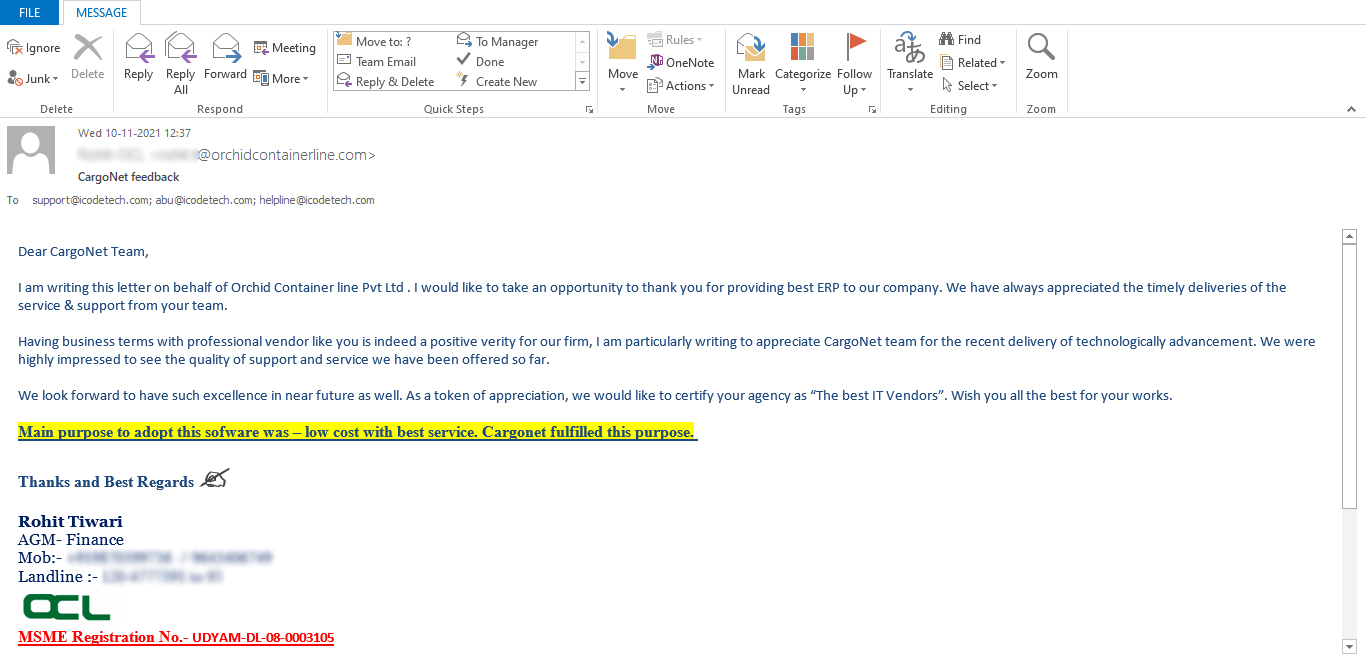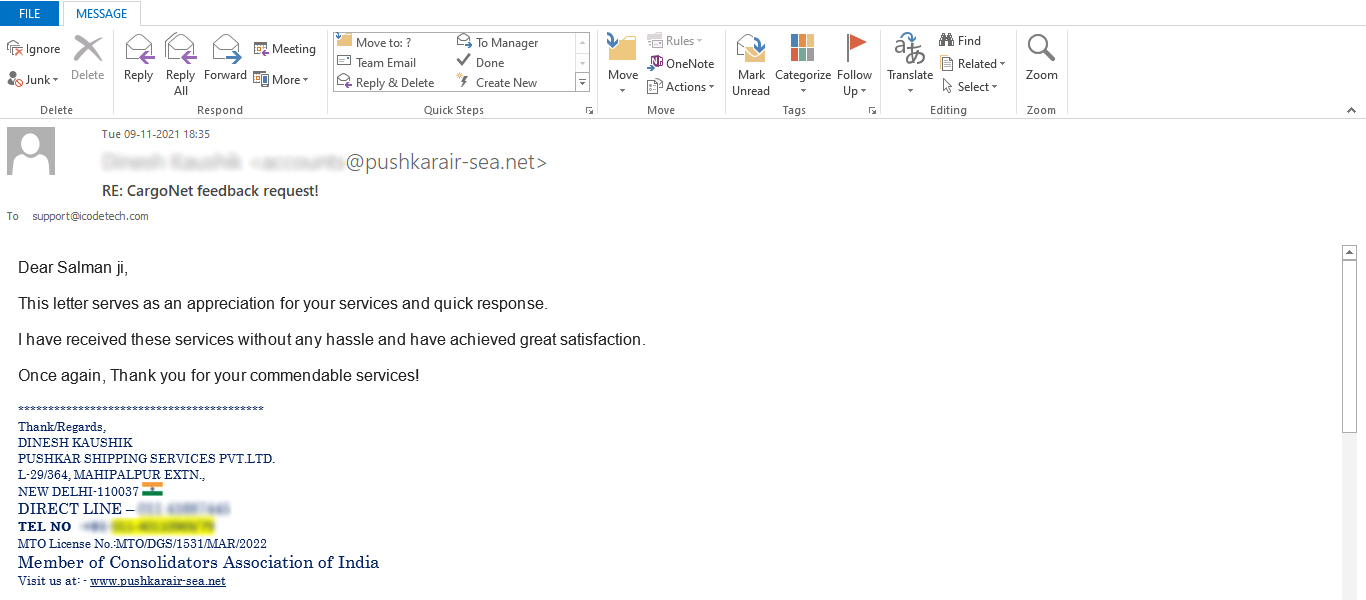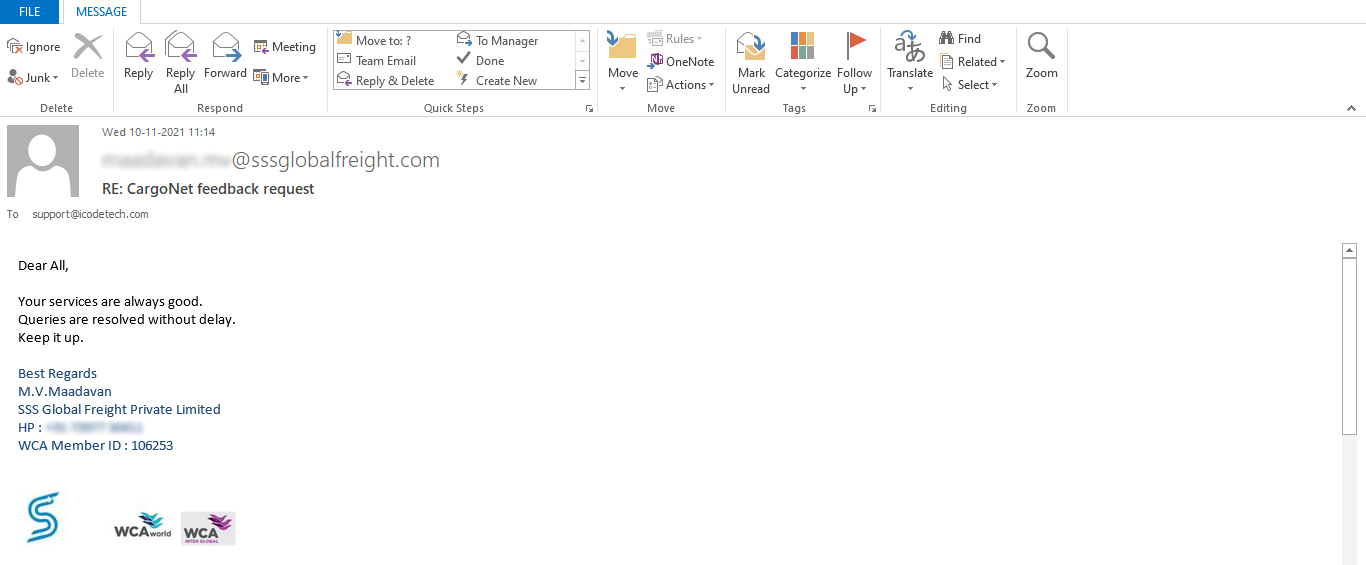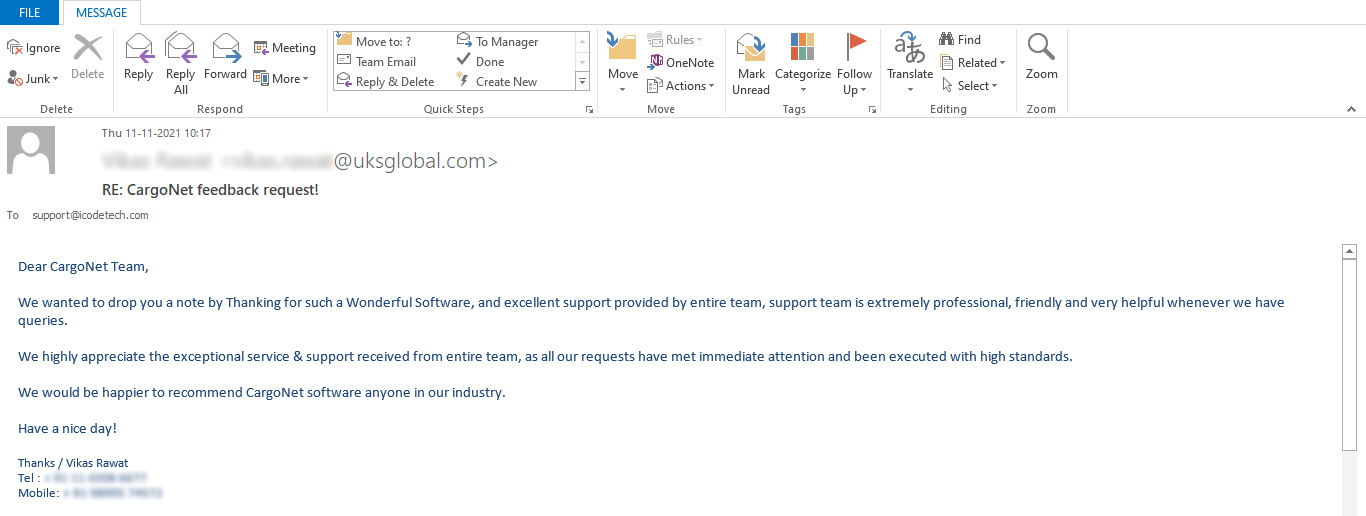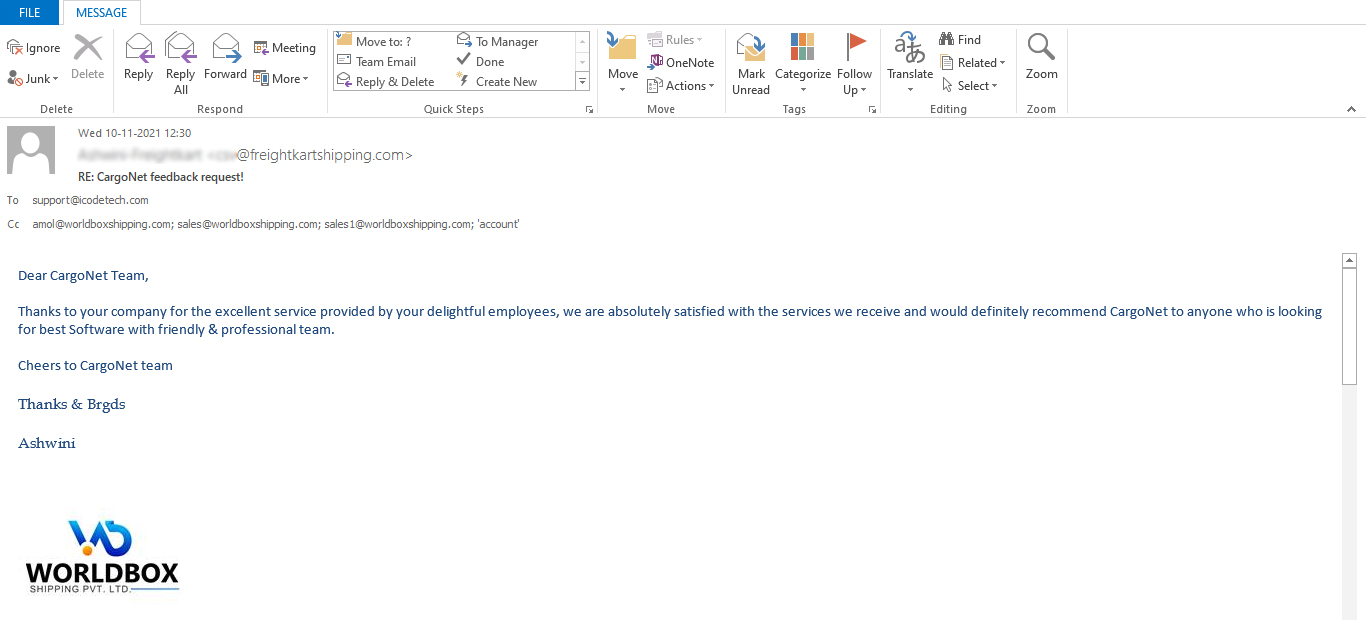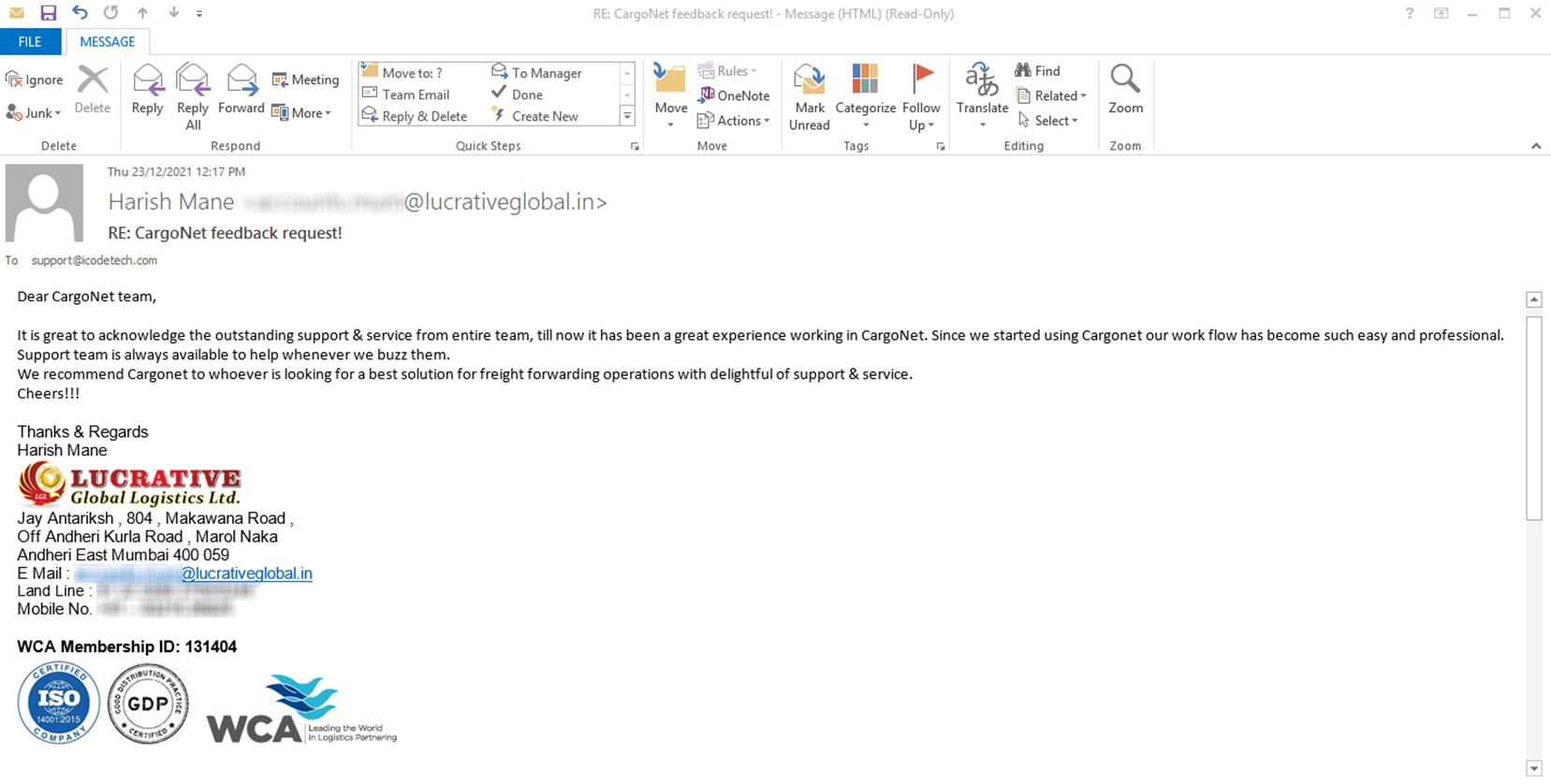Introduction
Freight forwarding is a vital component of global trade, involving the movement of goods across different countries and continents. To ensure the smooth execution of logistics operations, reliable communication plays a pivotal role in coordinating various stakeholders and facilitating efficient supply chain management. In this article, we will explore the significance of reliable communication in the freight forwarding industry.
Efficient Coordination for Smooth Operations
In the complex network of freight forwarding, efficient coordination is essential to ensure seamless operations. This coordination involves multiple stakeholders, including shippers, carriers, consignees, customs officials, and regulatory bodies. By establishing reliable communication channels, the flow of information can be facilitated, allowing for effective planning and execution of transportation activities. Timely exchange of information avoids disruptions and missed deadlines, enabling all parties to work in harmony towards a common goal.
Enhancing Supply Chain Transparency
Reliable communication in freight forwarding is crucial for enhancing supply chain transparency. By sharing accurate and real-time information, stakeholders can gain visibility into the movement of cargo, ensuring its traceability throughout the transportation process. Additionally, effective communication enables the proper exchange of documentation and compliance-related information, ensuring regulatory requirements are met. This transparency facilitates informed decision-making by identifying potential bottlenecks, optimizing logistics operations, and mitigating risks.
Effective Problem Solving and Conflict Resolution
In the dynamic world of freight forwarding, challenges and conflicts can arise unexpectedly. Reliable communication plays a vital role in addressing these issues promptly and effectively. Whether it’s handling unexpected delays or route changes, resolving customs or documentation issues, or managing disruptions to the supply chain, effective communication allows stakeholders to respond quickly. Through clear and open lines of communication, alternative solutions can be explored, ensuring minimal impact on operations and maintaining customer satisfaction.
Ensuring Customer Satisfaction and Loyalty
Customer satisfaction is a key driver in the freight forwarding industry, and reliable communication plays a crucial role in achieving it. Proactive and transparent communication keeps customers informed about the status of their shipments, providing real-time updates and addressing any concerns or inquiries they may have. By consistently delivering accurate information and meeting customer expectations, strong relationships and trust can be built, leading to customer loyalty and repeat business.
Compliance and Risk Management
In the highly regulated environment of freight forwarding, compliance with regulations and standards is paramount. Reliable communication ensures the accurate exchange of documentation, reducing the risk of errors or omissions that may lead to penalties or legal complications. Additionally, effective communication enables stakeholders to manage risks effectively. By sharing information regarding cargo specifications, handling instructions, and special requirements, necessary precautions can be taken to ensure the safe and secure transportation of goods. In the event of emergencies or accidents, prompt communication allows for quick response and mitigates potential damages.
Resolving Challenges and Minimizing Disruptions
In the fast-paced world of freight forwarding, challenges and disruptions can arise unexpectedly. Reliable communication serves as a crucial tool in addressing these issues promptly and effectively. Whether it’s handling unexpected delays, adapting to route changes, or resolving customs and documentation complications, effective communication channels enable stakeholders to respond swiftly. By proactively communicating alternative solutions and maintaining open lines of dialogue, disruptions to the supply chain can be minimized, ensuring operational continuity.
Conclusion
In the world of freight forwarding, reliable communication is the cornerstone of efficient and successful operations. It enables stakeholders to coordinate effectively, enhance supply chain transparency, solve problems promptly, ensure customer satisfaction, and manage compliance and risks. By prioritizing clear and effective communication, freight forwarding companies can optimize their operations, deliver exceptional service, and stay ahead in a competitive industry.




